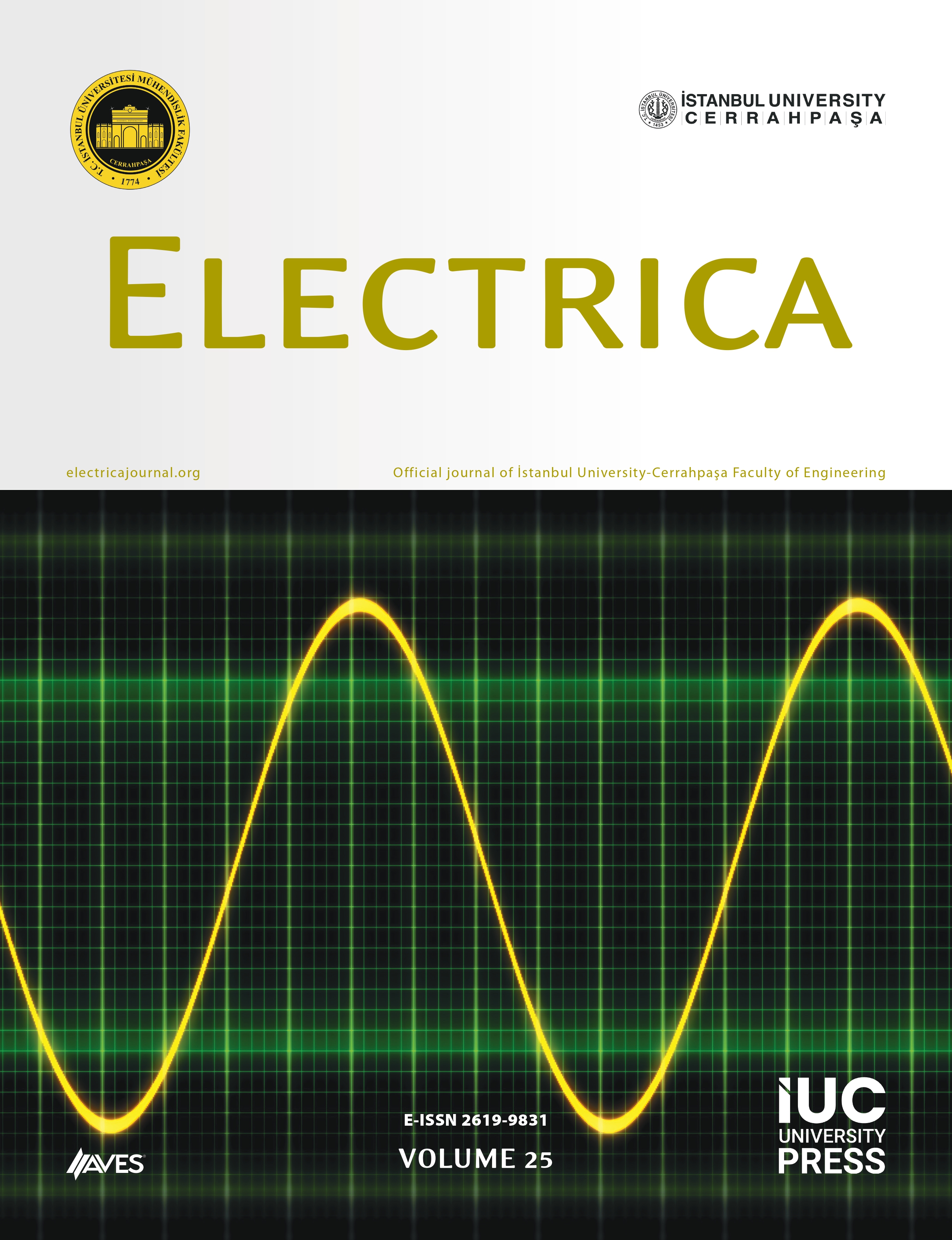Abstract: In this paper a resilient frequency control design specifically for microgrids (MGs), designed to withstand false data injection attacks (FDIA), is presented. The approach focuses on enhancing the robustness of frequency control mechanisms to ensure stable and reliable microgrid operation, even when subjected to malicious data tampering. The design integrates advanced detection and mitigation strategies to identify and counteract the impact of false data. Initially, the method integrates a bidirectional long short-term memory (BiLSTM) neural network and an improved whale optimization algorithm (IWOA) into a unified framework, working in tandem with a controller to identify and counteract FDIA . Second, a historical MG dataset containing frequency and power variations trains the BiLSTM neural network, enabling it to accurately detect multiple types of FDIAs with high precision. Lastly, the IWOA to the PID (Proportional – Integral – Derivative) controller was applied, effectively counteracting the adverse effects of FDIAs. The results demonstrate that the resilient frequency control system effectively mitigates the adverse effects of FDI attacks, maintaining MG stability and reliability.
Cite this article as: D. Kumar, V. P. Singh, and M. Mallick, "Cyber-resilient frequency control design for interlinked alternate current microgrid system," Electrica, 25, 0002, 2025. doi: 10.5152/electrica.2025.25002.



.png)

.png)